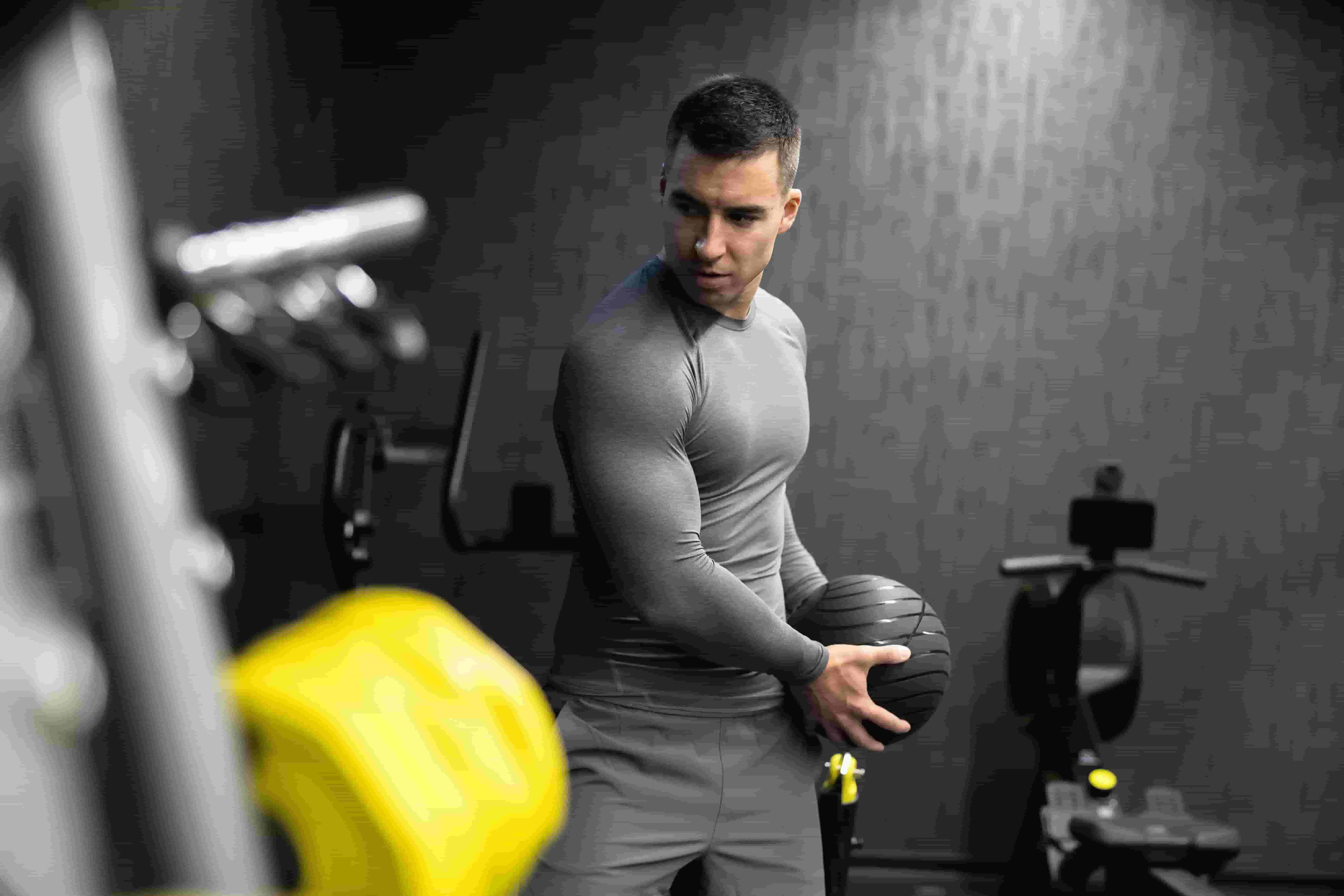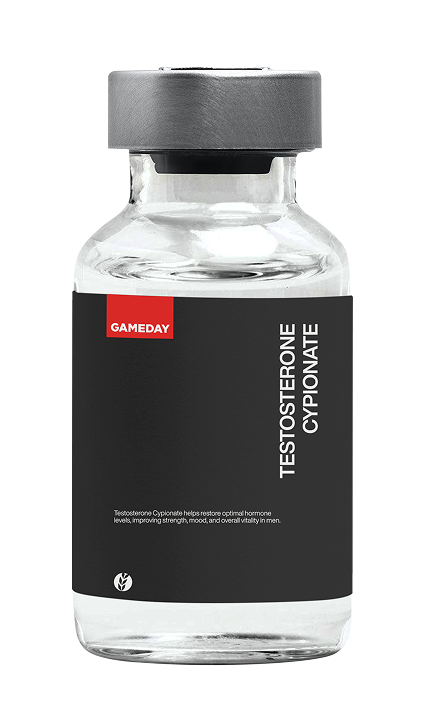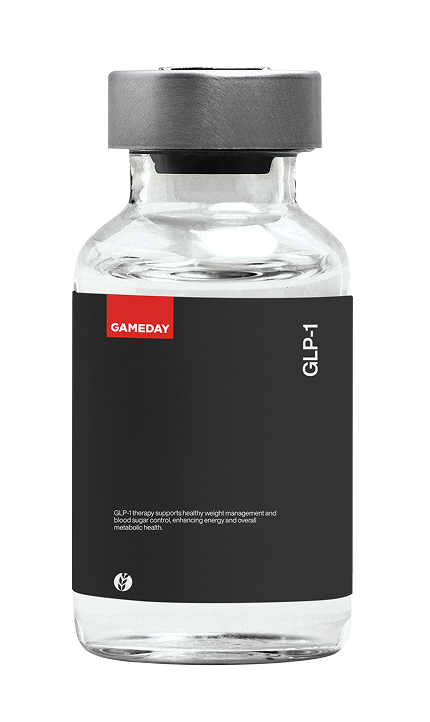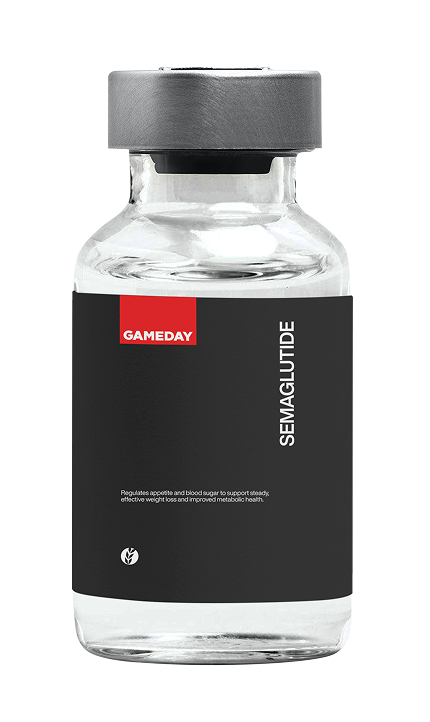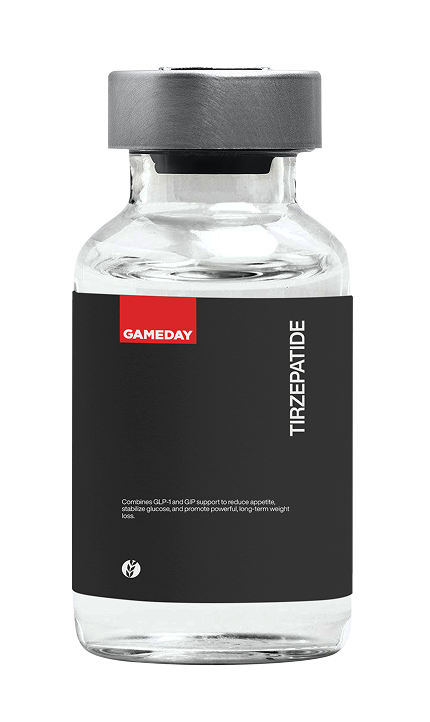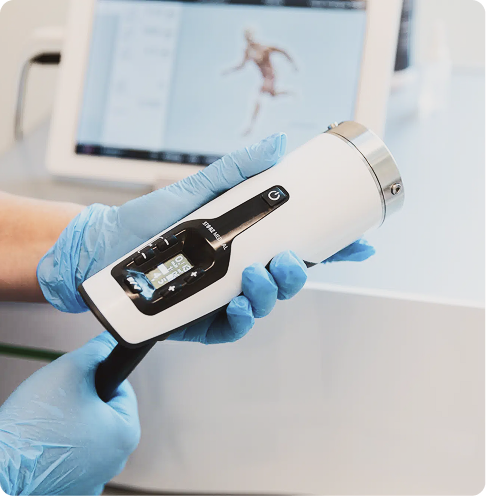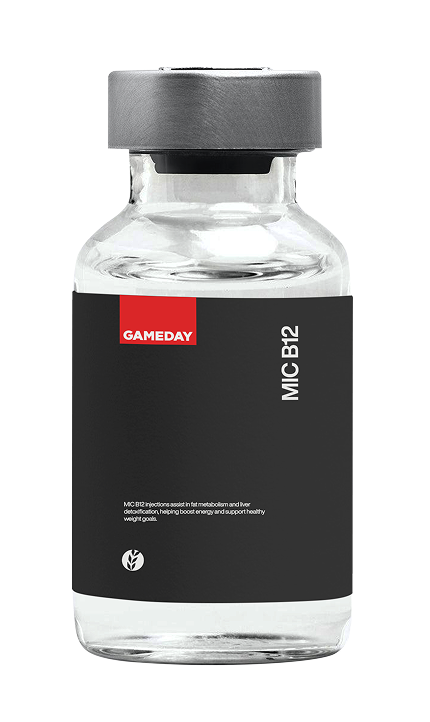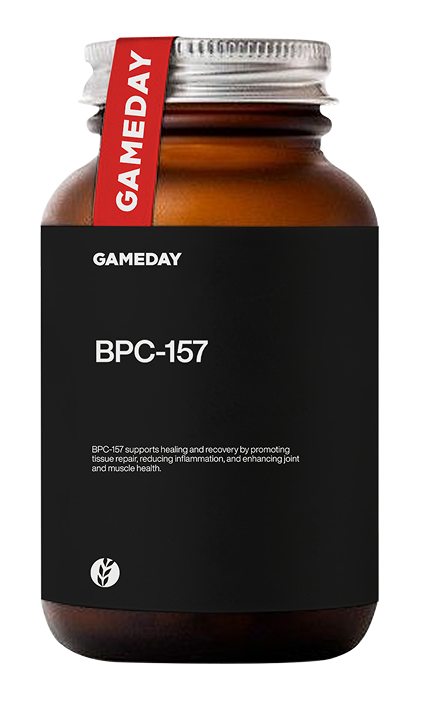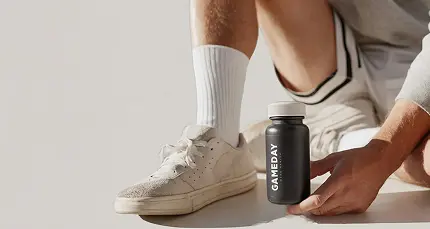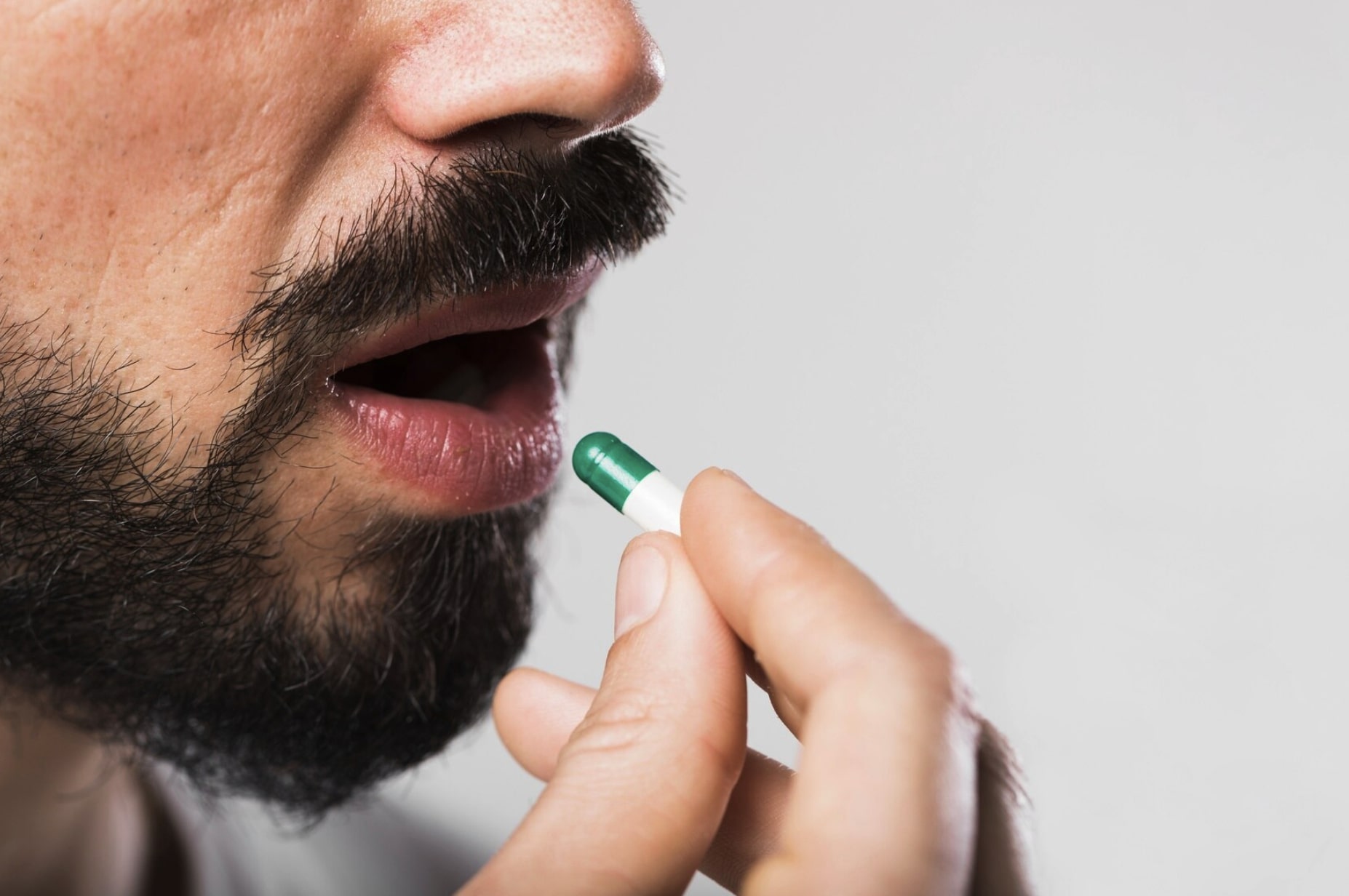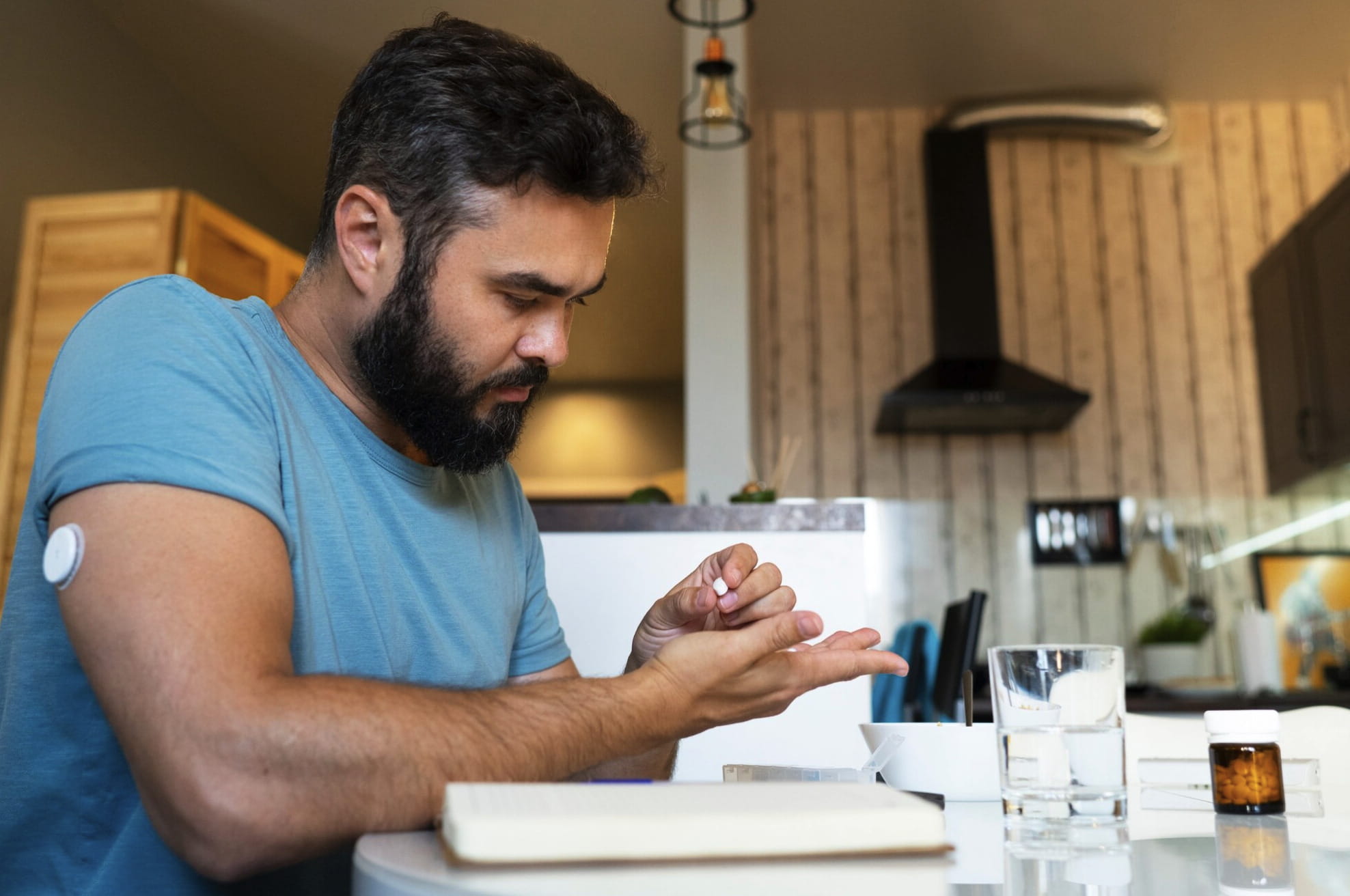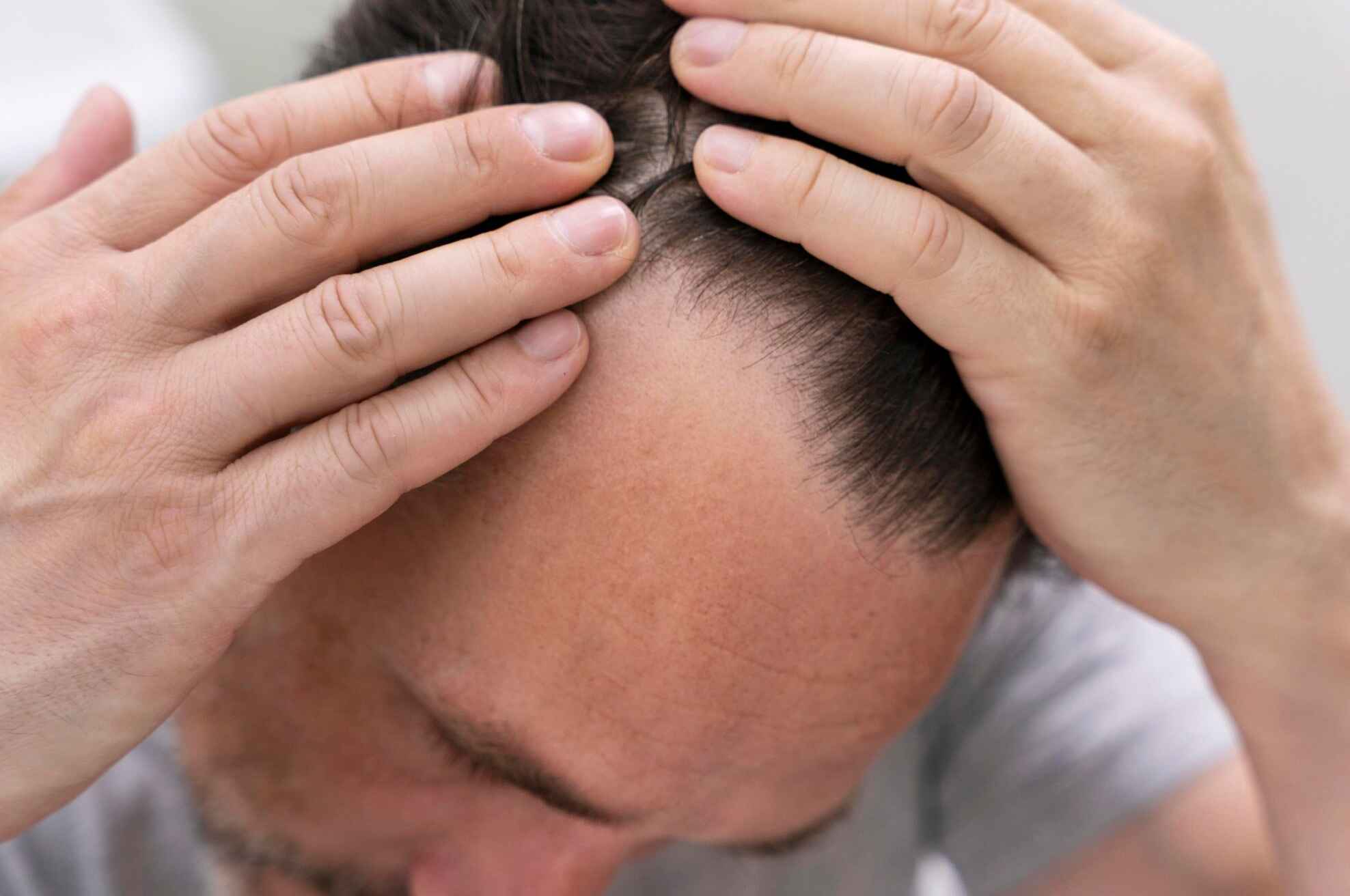Many men notice that as they get older, it becomes harder to lose weight, even when they’re eating right and staying active. For many men, the scale moves slower, muscle tone starts to fade, and stubborn belly fat seems to hang around. While aging does naturally slow metabolism, low testosterone can also play a major role in this struggle.
If you’ve been wondering why your workouts aren’t as effective as they used to be, or why your body feels different despite your efforts, low testosterone could be a key factor. Testosterone Replacement Therapy (TRT) may help restore hormonal balance, support better energy and motivation, and make it easier to maintain a healthy weight.
In this guide, we’ll explore how testosterone affects body composition, what science says about TRT and weight loss, and how combining treatment with lifestyle changes can help you reach your goals.
The Link Between Testosterone and Weight Gain
Testosterone is one of the most important hormones for men’s health. It influences muscle development, metabolism, energy levels, and even your mood. (1) When testosterone levels decline, something that happens naturally with age, men often experience changes that make maintaining a healthy weight much more difficult. Generally, testosterone levels decline around 1% per year after the age of 30, which can make weight management a challenge for middle-aged or senior men. (2)
Low testosterone can lead to a slower metabolism, loss of muscle mass, decreased motivation, and increased belly fat, ultimately leading to weight gain. These physical changes can create a frustrating cycle. With less muscle overall, your body burns fewer calories. As fat accumulates, it increases estrogen production, which can suppress testosterone further. This hormonal imbalance makes it harder to stay lean, even when you’re following the same habits that used to work when you were younger.
Research has shown that men with lower testosterone are more likely to develop central obesity (fat concentrated around the midsection) as well as insulin resistance, both of which increase the risk for metabolic disorders. (3)
How TRT Can Support Weight Loss
Testosterone Replacement Therapy is designed to restore testosterone to healthy levels, helping the body function the way it should and combating the negative effects of aging-related low T. When testosterone levels normalize, men often notice improvements in strength, energy, and body composition over time.
By bringing hormones back into balance, TRT can support weight loss efforts in several key ways, including: (4)
- Improving metabolism and increasing calorie burn even at rest
- Promoting lean muscle growth, which enhances fat-burning potential
- Reducing abdominal fat accumulation
- Boosting mood, motivation, and focus, helping sustain healthy habits
- Regulating appetite and reducing cravings
It’s important to remember that TRT is not a weight loss drug. Instead, it helps correct an underlying hormonal imbalance that may be making weight management more difficult. By improving how your body processes and uses energy, TRT can make your fitness and nutrition efforts more effective over time.
If you’ve been asking yourself, “Does TRT help with weight loss?”, the answer is that it can, but only as part of a broader plan that includes good nutrition, regular exercise, and healthy lifestyle habits.
What Research Shows
Clinical studies have explored the connection between testosterone therapy and body composition, and the results are consistent: men with low testosterone who undergo TRT often experience measurable improvements in fat distribution and overall metabolic health. (5)
Men receiving TRT frequently see gradual decreases in fat mass, gains in lean muscle, and better insulin sensitivity. These effects can improve energy levels and body composition over time. For example, one long-term study found that obese men with low testosterone who received therapy over a 56-week period lost significant fat mass, averaging around 6.5 pounds less than those who did not receive treatment. (6)
The key takeaway from these findings is that progress builds steadily. Most men notice physical changes over several months, and the best results come when TRT is paired with consistent nutrition and exercise.
Combining TRT With Healthy Lifestyle Habits
While TRT can help reset your hormonal foundation, real, lasting results are more likely to come from improved daily lifestyle habits. Men who combine testosterone therapy with smart nutrition, regular movement, and quality rest tend to experience the most noticeable transformations.
Here are four core areas to focus on:
- Concentrate on a Balanced Nutrition: Eat lean protein, healthy fats, and whole, unprocessed foods. These choices stabilize blood sugar and support muscle maintenance.
- Develop a Smart Exercise Routine: Combine strength training with cardiovascular workouts to build muscle and improve heart health.
- Focus on Sleep and Recovery: Aim for seven to nine hours per night to help regulate hormones and repair muscles.
- Implement Stress Control: Managing stress keeps cortisol levels balanced, which supports fat loss and prevents burnout. (7)
Consistency in these habits allows TRT to work more effectively, helping you get stronger and leaner while maintaining long-term energy and motivation.
Who Can Benefit From TRT
Not every man struggling with weight or fatigue is a candidate for testosterone therapy. The first step in determining if TRT is right for you is confirming whether low testosterone is the root cause of your issues.
Men who benefit most from TRT generally have clinically low levels confirmed through blood testing, experience symptoms like fatigue or mood changes, and have no other medical conditions that would make hormone therapy unsafe.
A qualified provider, such as your local Gameday Men’s Health, can conduct a full evaluation, including blood testing and a review of your symptoms, to determine if TRT is appropriate. Treatment is customized to each man’s needs, using methods such as injections, gels, or other delivery systems.
Why Choose Gameday Men’s Health for TRT
At Gameday Men’s Health, our focus is helping men regain their energy, confidence, and vitality through safe, medically supervised testosterone therapy. We understand that every man’s body and goals are different, which is why our providers take a personalized approach that ensures each individual is receiving the treatment plan that’s right for them.
At Gameday, we’re proud to offer:
- Licensed, experienced providers specializing in men’s hormonal health
- Simple blood testing with fast, accurate results
- Personalized treatment plans that monitor hormone levels and overall wellness
- A comfortable, male-focused environment designed to make the process easy and stress-free
Our mission is to help men improve not only their testosterone levels, but also their quality of life, from energy and focus to body composition and mood.
Key Takeaways
Low testosterone can make it harder to lose weight by slowing metabolism, reducing muscle mass, and decreasing motivation.
TRT can help improve muscle development, metabolism, and overall energy, making weight loss efforts more effective for many men. However, it works best when combined with proper nutrition, regular exercise, and medical supervision. It’s also important to ensure that TRT is right for your specific health situation before beginning therapy.
At Gameday Men’s Health, our experienced team offers comprehensive testosterone therapy designed to help men feel stronger, more focused, and confident again. If you’re ready to take the first step toward feeling like yourself again, contact your local Gameday Men’s Health location today to schedule a consultation.
